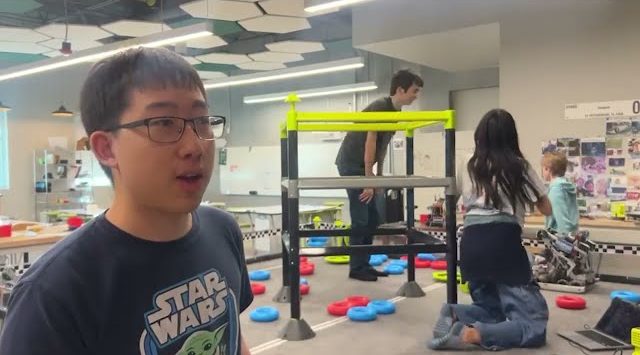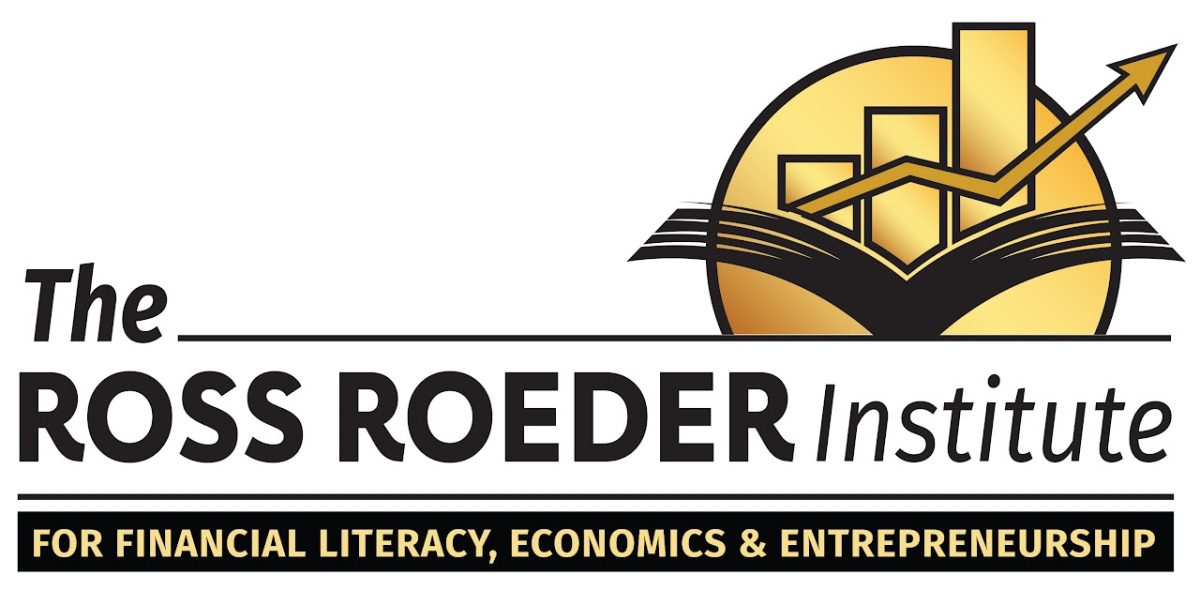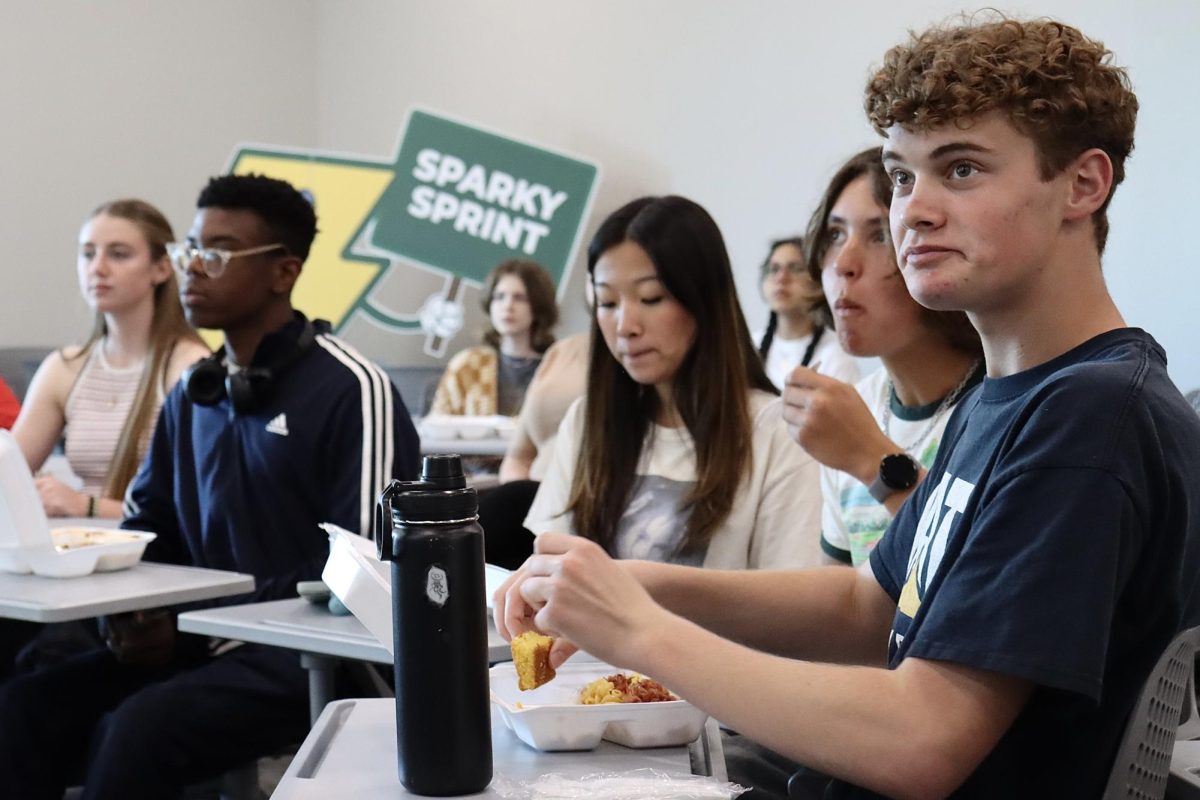Dear Readers,
For modern-day high school students, it seems as long as you start five non-profits, run nine successful businesses, and cure cancer, you may have a shot at getting into college. With the college admissions process becoming more selective each year, students feel pressured to stay competitive, often at the expense of their well-being.
However, as senior editors of The Chronicle will attest, burdening yourself with the most rigorous schedule isn’t a golden ticket into the college of your choice. Instead, an overly ambitious schedule will likely burn you out, especially when you catch a nasty case of senioritis.
Therefore, The Chronicle editors implore you to have a balanced schedule as you plan your future, keeping a competitive edge without spreading yourself too thin.
When the time comes to register for courses, many high-achievers try to take every Advanced Placement (AP) class available to them, collecting these college-level courses like merit badges. Unfortunately, each AP class provides not only college credit, but also mountains of stress and homework.
What makes these classes so tricky is the amount of college-level material being crammed into one school year. Additionally, AP classes force students to think in complex ways.
US Math Department Chair and Math Teacher Jessica Thorn said, “[Honors-level classes] aren’t asking those big, abstract questions…[An AP question] is the same material, but it might look completely different than anything you’ve seen before, so being able to step back and apply that [is crucial for AP students].”
A study by the University of Massachusetts found that a heavy workload, high personal criteria for success, and the competitive nature of ambitious students contributed most to academic stress in IB, AP, and honors-level courses.
This isn’t to say students shouldn’t be taking AP classes, but the key is finding classes that interest you, not classes solely meant to boost your GPA. Think about possible career paths or what topics interest you most. Often, enjoying the material of a class may even lessen the stress it brings you.
“The hardest classes [students] should be taking should be in the subject that they’re passionate about,” said US Math Teacher Sarah Anderson. “I would hate for a student to be in over their head in a class that they don’t really enjoy.”
Free periods are also an important way for students to add balance to their schedules. According to the Rochester Institute of Technology (RIT), the best way to avoid burning out academically is to allocate time for socializing and doing the activities you enjoy.
When taking numerous APs, having a free period is crucial to give yourself time to complete the heavy workload and have an hour to yourself. For rising seniors, having time to complete college applications will be a tremendous help.
You should also consider how much time outside of school you have to enjoy yourself and give your brain a reprieve. If you anticipate dedicating hours after school to extracurriculars, you may want to further lighten the course load.
However, crafting a schedule cognizant of mental health doesn’t mean taking the easiest classes. High school is a time to discover who you are and how you learn, so try new experiences and push yourself beyond your comfort zone. It’s best to discover what level you thrive at in a safe environment where your parents and teachers are always there to support you.
Thorn said, “[Pushing yourself academically] makes you resilient. It’s going to translate to issues with jobs when you don’t know what to do, and you have to figure it out for yourself.”
Many students worry about how taking more challenging classes might affect their grades. However, admissions officers don’t reduce your transcript to each letter grade. They want to see that you are well-rounded and willing to push yourself to do your best, showing passion for your field.
“I think if you’re in a class where you’re thriving, learning, and finding success—even if that doesn’t mean getting an A+ – that’s the most important thing,” said Anderson.
However, if halfway through the year, you realize you may have severely overestimated your capabilities. Consider initiating a discussion with your teacher and finding the root of the problem, along with possible solutions that will guide you down the right path in the long term.
Anderson advised struggling students to “talk to either a school counselor or somebody they can trust to help manage those overwhelming feelings because, at the end of the day, we want students to be happy and thrive.”
What’s most important to remember is that the classes you take are not the sole determinant of which college you go to, and which college you go to is not the sole determinant of your future. Don’t overwhelm yourself and lose the passion and fire that fuels you.
We hope that if anything sticks in your mind, it’s Anderson’s advice: “You are going to college. You will end up where you’re supposed to be. All you can do is your best.”
Sincerely,
Your Chronicle Editors




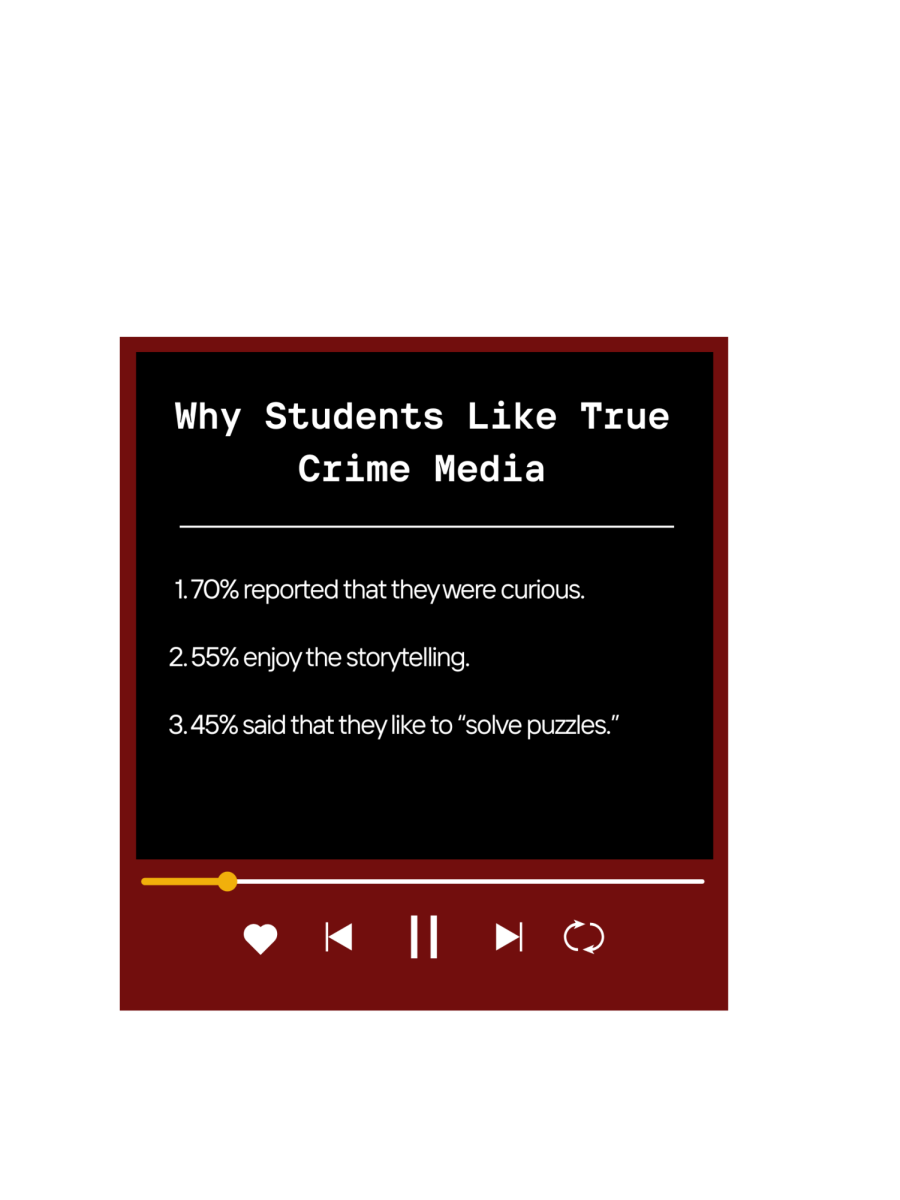
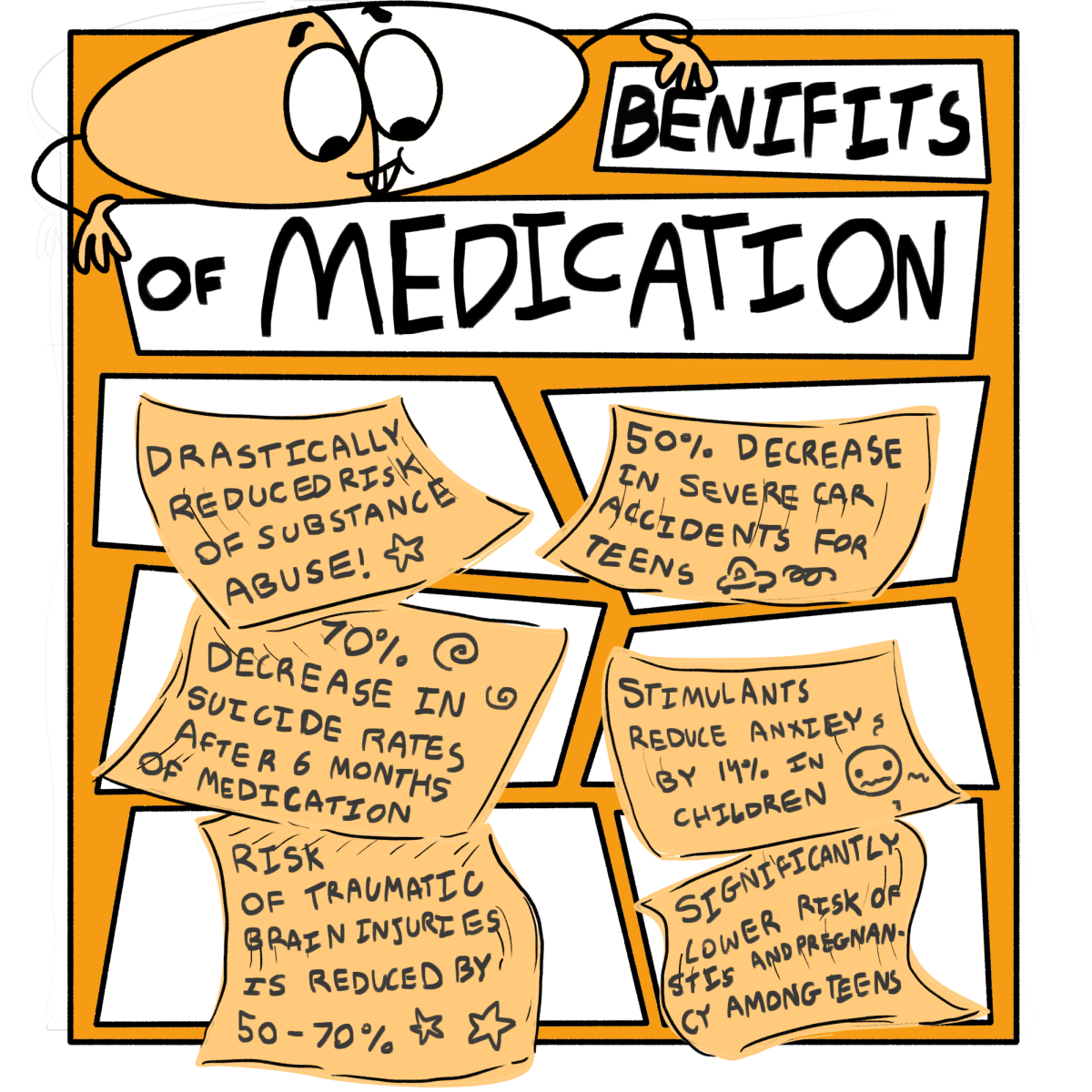






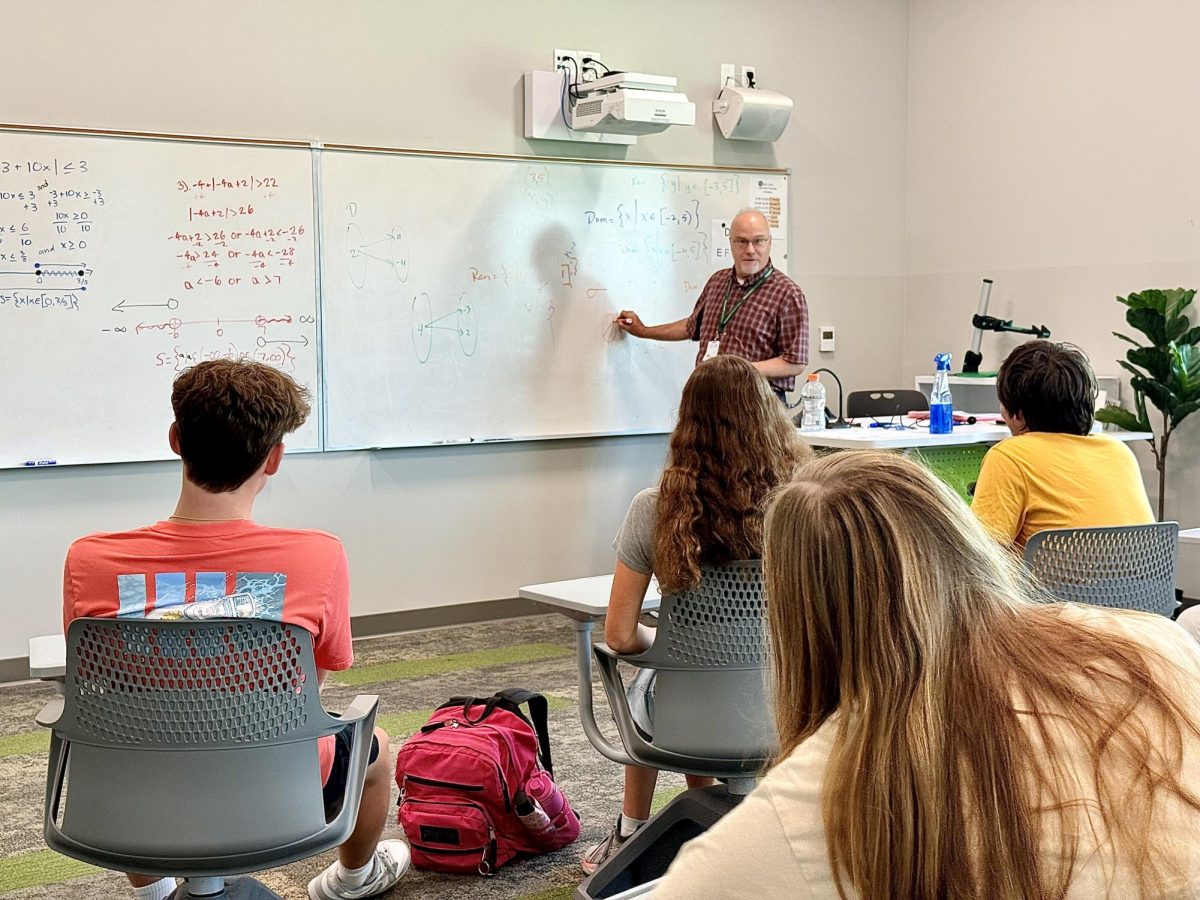


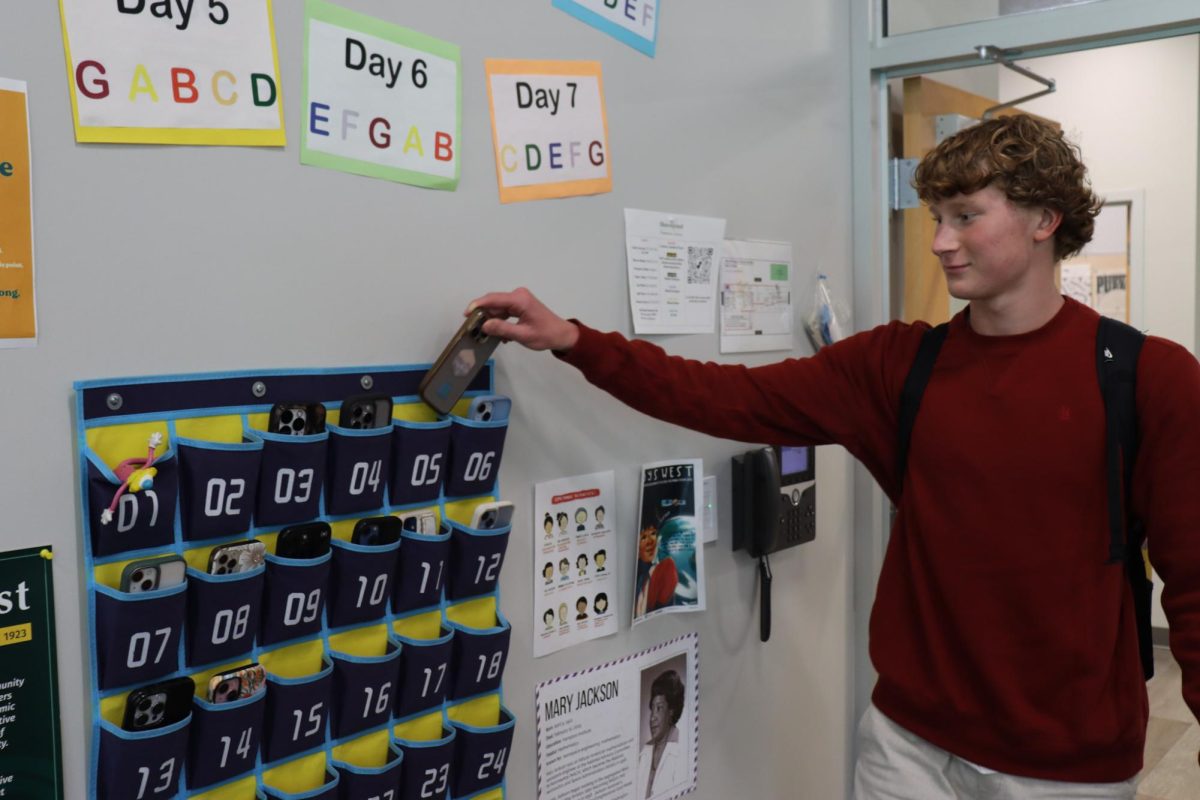
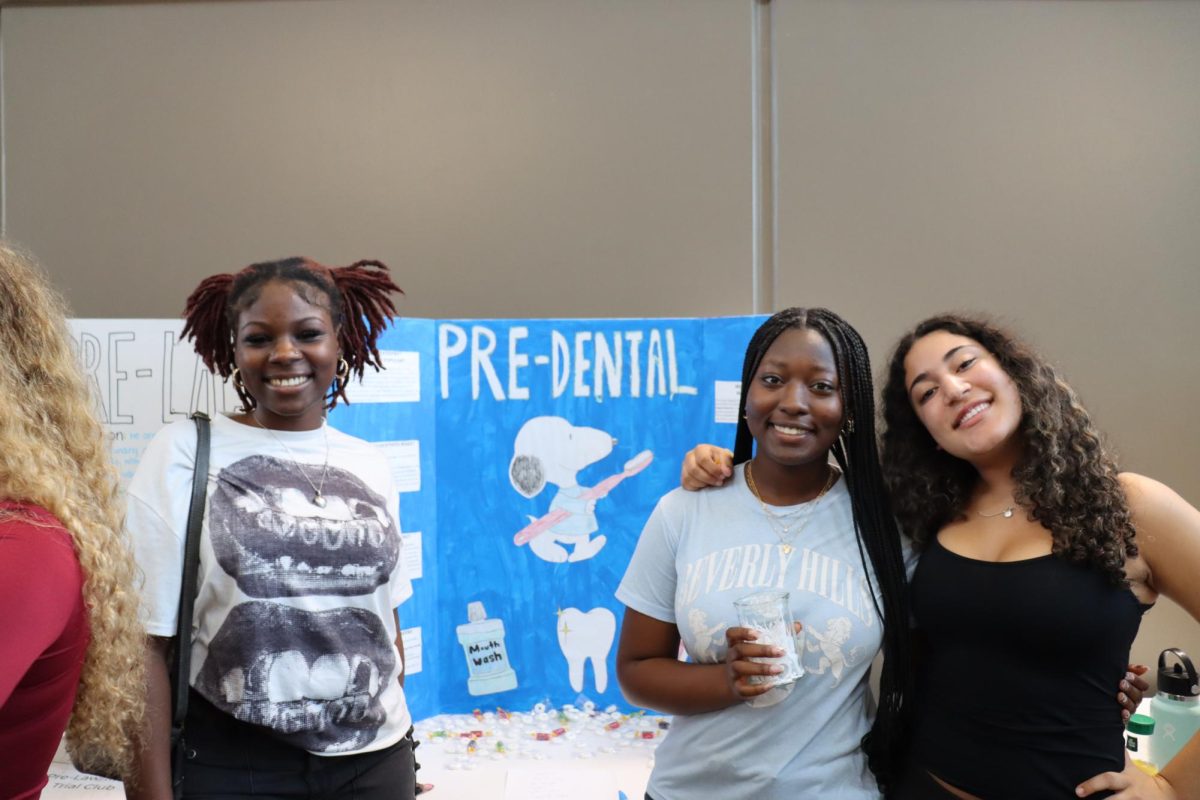



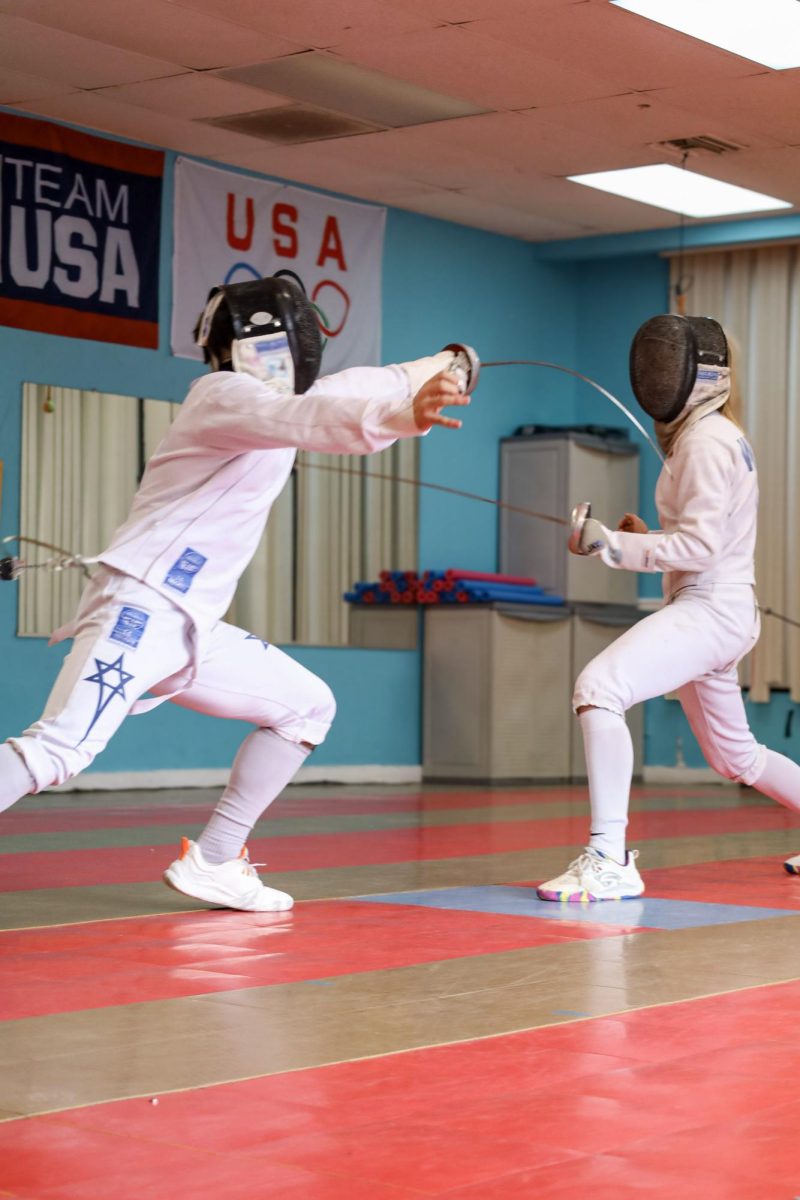













![Thespians pose on a staircase at the District IV Thespian Festival. [Front to back] Luca Baker, Maddison Cirino, Tanyiah Ellison, Alex Lewis, Summer Farkas, Jill Marcus, Ella Mathews, Sanjay Sinha, Isabella Jank, Sofia Lee, Boston Littlepage-Santana, Sally Keane, Tyler Biggar, Tanner Johnson, Jasper Hallock-Wishner, Remy de Paris, Alex Jank, Kaelie Dieter, and Daniel Cooper. Photo by Michael McCarthy.](https://spschronicle.org/wp-content/uploads/2024/12/image1-900x1200.jpg)
